David Humphrey
David Humphrey is a New York artist who has shown nationally and internationally. He has received a Guggenheim Fellowship and the Rome Prize among other awards. An anthology of his art writing, Blind Handshake, was published by Periscope Publishing in 2010. He teaches in the MFA program at Columbia and is represented by the Fredericks & Freiser Gallery, NY.
QUESTION:
There is a tension in your work between fakery and authenticity. Your frequently quote over-used, sentimental, cliched imagery and work to reinvigorate their emotional credibility. And you also quote painting techniques such as freehand expressionist brushstrokes which used to signify honesty but empty them of their genuineness. Ultimately, your playful entanglement of the fake and the authentic is a sympathetic reflection on the vagaries of contemporary life. Our relationship to the fake and the authentic has changed because of the present administration and the pandemic. In our public life, what is true and what is false are issues of life and death. I am wondering what you think about that dilemma. Do you feel your work changing in response?
ANSWER:
It was liberating for me as a young artist to see all artworks as rhetorical, or as social beings that want something. The language of painting is porous to so many crafted perspectives that parsing fake from authentic didn’t seem very rewarding and perhaps even got in the way of adventurous growth. The performative side of painting could be understood as a type of acting. In school I absorbed the hermeneutics of suspicion (Nietzsche, Marx, Freud and their heirs) to feel like it was possible to see through cultural forms and achieve critical distance. The risk, though, was that some of the juice could be drained from the crazy energy it takes to make new paintings year after year. I prefer thinking of the artist as charlatan, trickster or rebel. We engage a wily craft of dissembling, disassembling and reassembling.
The political application of this is not obvious. Everything about our current administration inflames my nausea, anger and mortal sadness every day. Social protest movements make me happy and should continue forever. My newest work has the police as its principle subject and is an attempt to drive my feelings about authority into a topic with massive public consequences. It’s a paradoxical challenge, though, to make a work with authority and power in the service of undoing authority and power. I began working with these themes a few months before the pandemic and BLM uprising (the issues with policing and social justice are appallingly old). My instinct during the first phase of protests was to pause because the gap between art and life felt so huge and insistent, that art seemed reduced to something puny and whiney. Perhaps art needed to be a simple witness, doomed and provisionally free. Yet somehow, weird strengths emerge from this swamp of weakness. What are they? I guess some of what I felt all along: the power to reflect and expand consciousness, to push language and culture into new thought-forms, to imagine and reimagine freedom, to resist the oppressive machinery of business-as-usual and, as you said, to reinvigorate the over-used and cliché.
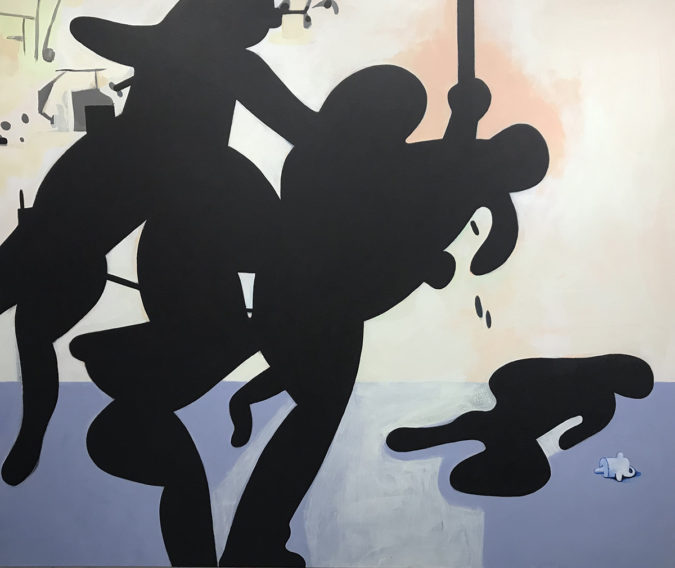
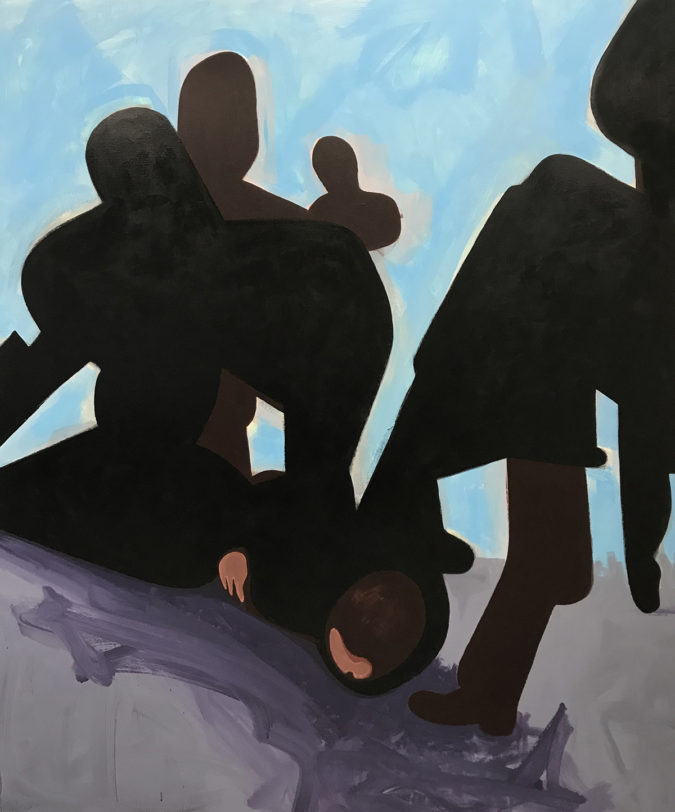
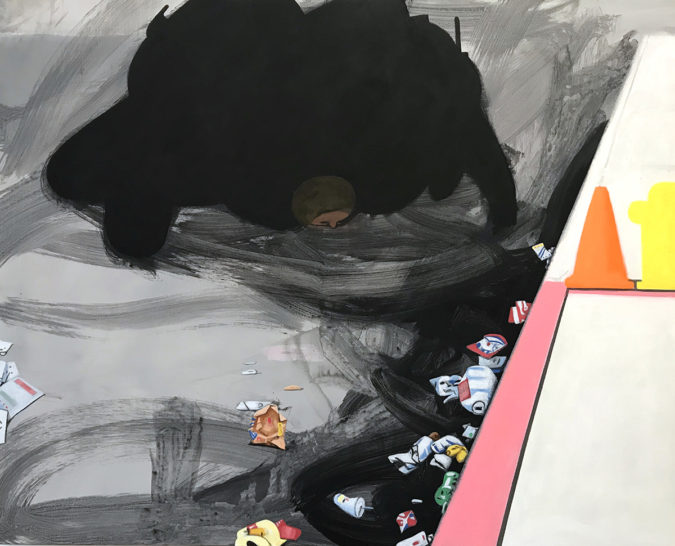
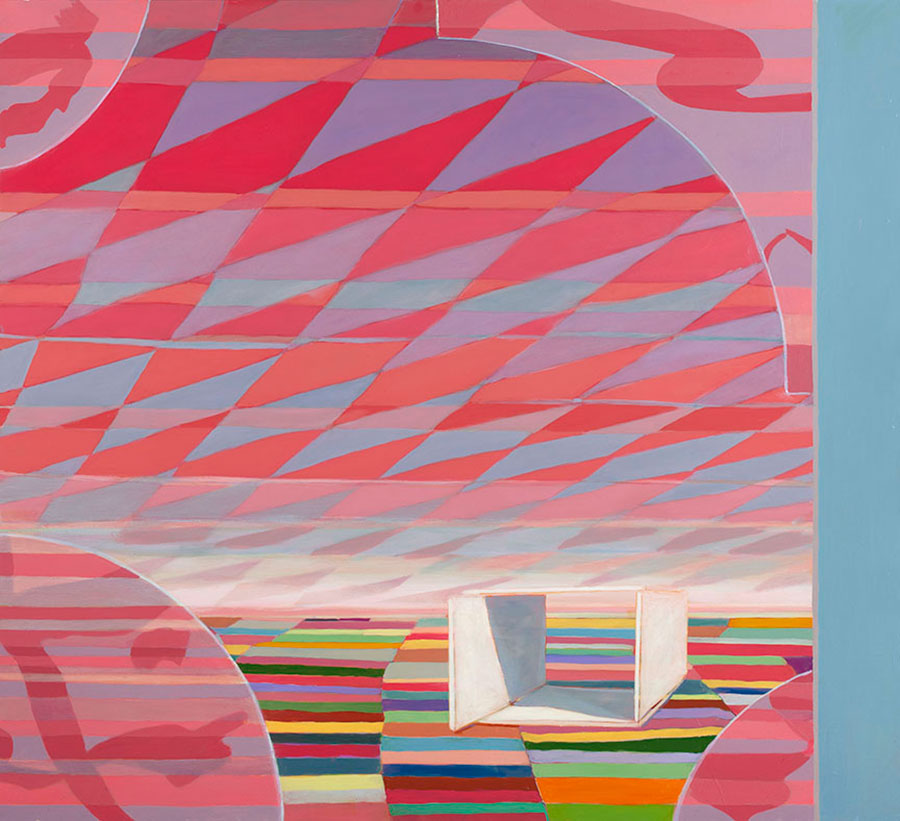
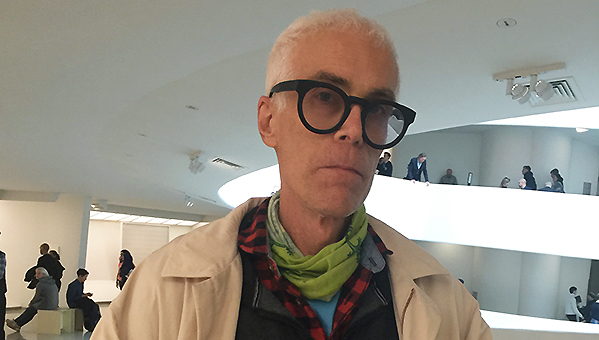
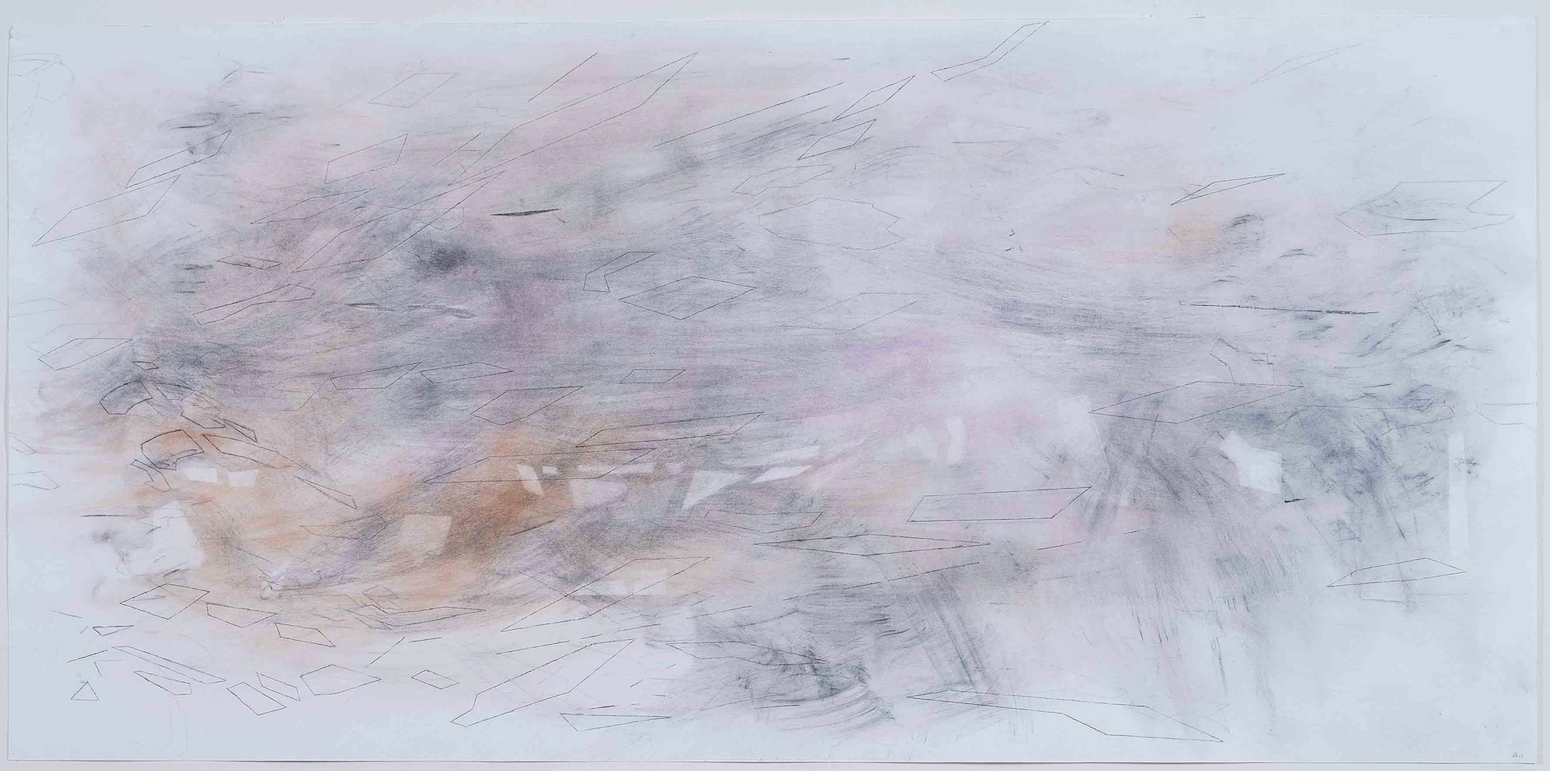
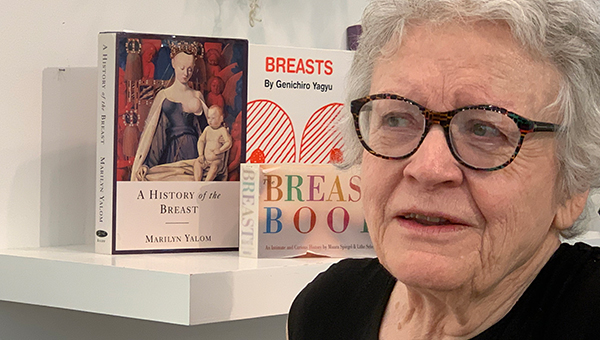
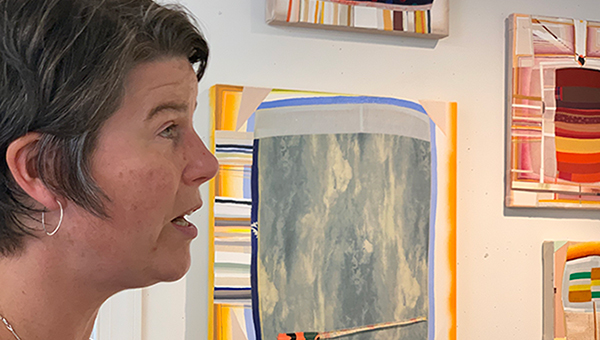

David, I’m not sure you answered the question but these look to me like some of the best paintings you’ve done in years. Part of the change that seems to be going on as a result of the entrance into the art dialog of large numbers of talented African Americans is it suddenly seems important to drop all the intellectual dodge and feint and tell the story. This doesn’t mean that the story should be devoid of ambiguity or tragic paradox. Steady on….
Thank you. Yes, the wonderfully diverse wave of new and reconsidered African-American artists has helped fuel my attempt to understand how racism is baked into the American identity, if there its such a thing. “Dodge and feint”, though, could have merits when it comes to addressing repressive power.
I’ve always felt reacting was a distraction. Ones biggest freedom is creation. Let those others react to your asserted affirmative position. Avoiding the barking dogs. One can create loud enough music that they are put in the position to ask you to turn it down.
Barking dogs can be very eloquent; i hope my loud music sounds good with the woof woofing.
Your music is quite loud. I like it, and fortunately I’m a night owl so rest assured the police knocking on your door were not called in on my account.